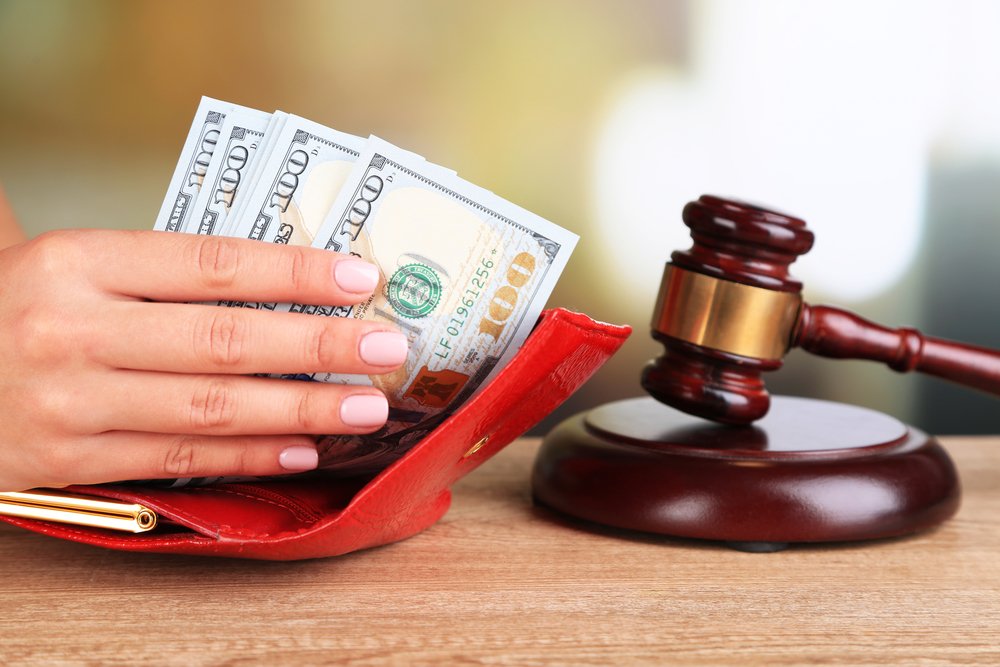Do you see an unexpected deduction on your paycheck that makes your take-home wages smaller than usual? Make sure to ask your company’s human resources department about it, because a creditor may be garnishing your wages. Don’t worry, you still have options in this situation. While creditors may try to take a portion of your income, there’s a way to stop them. With the help of a bankruptcy attorney, you can use Chapter 7 or Chapter 13 bankruptcy to end garnishments and tell creditors to stop hounding you for payments.
Why Are Creditors Allowed to Garnish My Wages?
Garnishment means a creditor has sought help from a court, and the court has allowed them to take money from your wages as repayment. Under Indiana law, creditors who obtain a judgment against you in a court proceeding are allowed to garnish up to 25% of your disposable income – without discussing it with you beforehand. A garnishment can take a hefty chunk out of each paycheck. You may find it very difficult to cover all of your expenses and still put food on the table. Wage garnishment can also continue for a long time. Until the judgement is fully resolved, you may struggle to make ends meet.
How Does Bankruptcy Stop Garnishments?
With the help of a bankruptcy attorney, you can put a stop to creditors garnishing your wages. Bankruptcy creates a new financial plan by eliminating debts, liquidating assets and creating a new path to settling things with your creditors. It completely wipes out some old debts, like medical bills and credit card balances, and reduces other payments so they become manageable for your to pay. In the meantime, your creditors will be notified that they must stop taking action against you, including wage garnishment. Bankruptcy allows you to regain some control over your paycheck and create a payment plan you can afford.
Will Bankruptcy Stop Collection Calls, Too?
Bankruptcy forces creditors to leave you alone. You gain the protection of an automatic stay, or halt, to calls, letters and other communication from creditors. Remember, you’re protected under the Telephone Consumer Protection Act (TCPA) and the Fair Debt Collection Practices Act (FDCPA) as well.
The TCPA protects consumers from nuisance calls, auto-dialers and excessive contact from creditors and marketers. The FDCPA protects people from creditors using profane language, threats, misrepresentations, false claims and false promises. If a debt collector is engaging in these practices, discuss it with your bankruptcy attorney immediately and document it thoroughly.
How Do I Stop the Garnishment as Quickly as Possible?
The faster you declare bankruptcy, the faster the garnishment can stop. Avoid doing this on your own, however. Talk to a bankruptcy attorney to educate yourself about your bankruptcy options. You may have assets you want to protect, like your home or car. Or you might have income from several sources to consider. To make a choice that’s best suited for your individual financial status, talk to a bankruptcy attorney about the best way to stop your garnishment quickly.
Sawin & Shea LLC – Indianapolis Bankruptcy Attorneys
Filing for bankruptcy is not the end. It’s the beginning of a new financial life for you. The Indiana bankruptcy attorneys at Sawin & Shea LLC can help you get rid of the overwhelming debt and advise you on life after bankruptcy. We are here for you during this life-changing process. Please do not hesitate to call us today at 317-759-1483 or send an email for a free consultation. We are ready to help.



